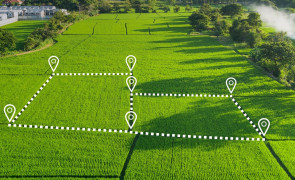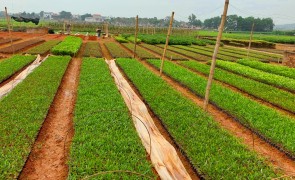The SMURF project aims to empower a multitude of beneficiaries. At its core are small forest owners, over 16 million individuals who will gain access to new tools, knowledge, and support structures to manage their land sustainably.
Deforestation is the primarily result of the expansion of agricultural land for forest risk commodities (FRCs) such as cattle, wood, palm oil, soy, cocoa, coffee and rubber. These FRCs play a significant role in driving deforestation in tropical countries and the…
In an effort to combat deforestation and promote tools which enhance global monitoring and supply chain traceability, Preferred by Nature and the Food and Agriculture Organization (FAO) have joined forces within the Forest Data Partnership. The primary objective was to establish a standardised geolocation data sharing protocol, a crucial step…
Forest ecosystems are under intense pressure from our rising population and its hunger for more land and resources. Globally, we are losing about 4.7 million hectares of tropical forest every year, often to make space for agricultural commodities (decadeonrestoration.org). Forest landscape restoration is a critical strategy for tackling this…
Forests are important in the global carbon cycle, carbon sequestration and storage. Although Vietnam increases in overall forest cover, there has been a reduction in both total hectares of natural forests and forest quality.
Project News
NEPCon is co-launching a new project which aims to empower local NGOs to promote sustainable development in Belarus. The project has special focus on the role of NGOs in promoting credible eco-…







